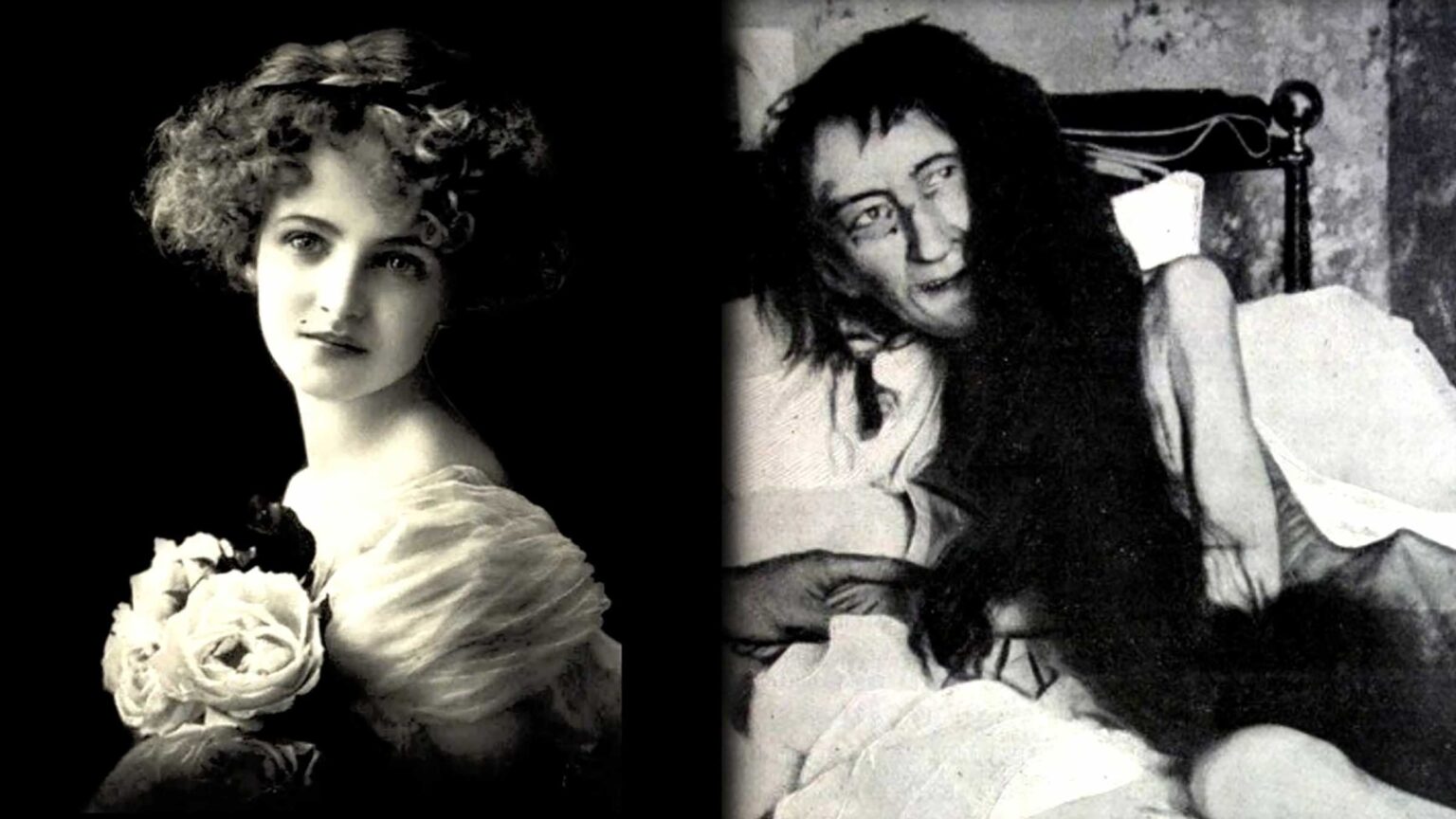
Blanche Monnier: The tale of the original woman in the attic
Stories about women locked away in towers is the stuff somber fairytales are born from. We’d never think someone could be so cruel as to imprison another human being and rob them of years of their life, but reality intertwined with horrifying fiction in the case of Blanche Monnier.
For twenty-five years the french woman was locked away in her mother’s attic, barely surviving on the scraps of food she was thrown. When Blanche was finally discovered in her prison, the police & the public were appalled by her deteriorated state and the putrid conditions of the attic. Blanche Monnier became known in France as “la Séquestrée de Poitiers” and here is her tragic story.

Locked away
Blanche was born to a well respected, bourgeoisie family in Poitiers. She was a remarkable beauty and was the object of much admiration from a number of suitors. In 1874, Blanche, at the age of twenty-five, decided she would marry an older lawyer. However, Banche’s mother Louise disapproved of the match as she did not deem the suitor wealthy enough for her daughter.
Blanche defied her mother’s wishes and planned to go forward with the marriage. To stop her daughter, Louise locked her away in a tiny, dark room in the family’s attic. Louise and her son Marcel told their friends & family that Blanche had died and they pretended to mourn her death for twenty-five years.

Discovery
On May 23, 1901, the Paris Attorney General received an anonymous letter which stated, “Monsieur Attorney General: I have the honor to inform you of an exceptionally serious occurrence. I speak of a spinster who is locked up in Madame Monnier’s house, half-starved and living on a putrid litter for the past twenty-five years – in a word, in her own filth.”
Police raided 21 Rue de la Visitation as Madame Monnier & Marcel, who was still living in the house, waited calmly in the living room. The police made their way to the attic and found Blanche in appalling conditions.
Blanche, now fifty-years-old, was a shadow of her former self. She lay naked on a bed, her body so emaciated that she only weighed fifty-five pounds. She was terrified of the police and hid her face under the blankets as she hadn’t seen the sun the entire time she was imprisoned.
The mattress which Blanche was lying on was rotten and covered in spoiled food scraps from meat, vegetables, bread, and oyster shells. Blanche was covered in feces & bugs and the smell which imminanted from the room was so strong the police found it impossible to venture in until they unblocked the window.

Robbed of a happy ending
Blanche was taken to Hotel-Dieu Hospital where she was fed & bathed and gushed happily about how lovely it was to be clean and that she was thankful to be free. Louise was arrested and found guilty of imprisonment; however, she died only fifteen days later after seeing the mob of outraged people gather in front of her house.
Macel was sentenced to a year of jail but as he was a lawyer he quickly appealed the charges. Marcel blamed his mother for the whole affair and that she further manipulated him into never leaving her. Marcel also accused Blanche of being complicit in her abuse, claiming his sister was disturbed because she never tried to escape.

Marcel was allowed to go free as there was nothing the police could hold him since at that time “duty to rescue” was not a part of France’s penal code. Blanche was nursed back to health, but she remained mentally incapacitated, and it was theorized that the near constant solitary confinement had driven her out of her mind.
Blanche was diagnosed with several disorders that included schizophrenia, coprophilia, and anorexia nervosa. She was sent to a psychiatric hospital in Blois, France and died there peacefully in 1913. Blanche was never able to see her long-lost suitor after she was freed as he died unexpectedly in 1885.







